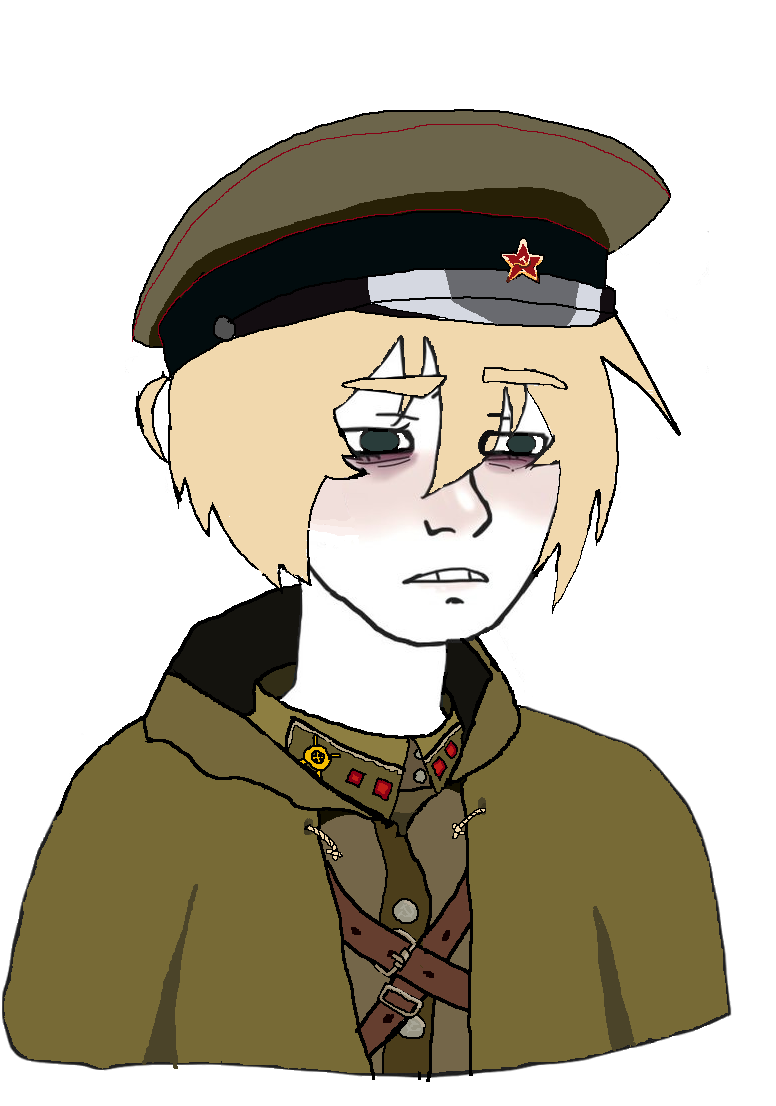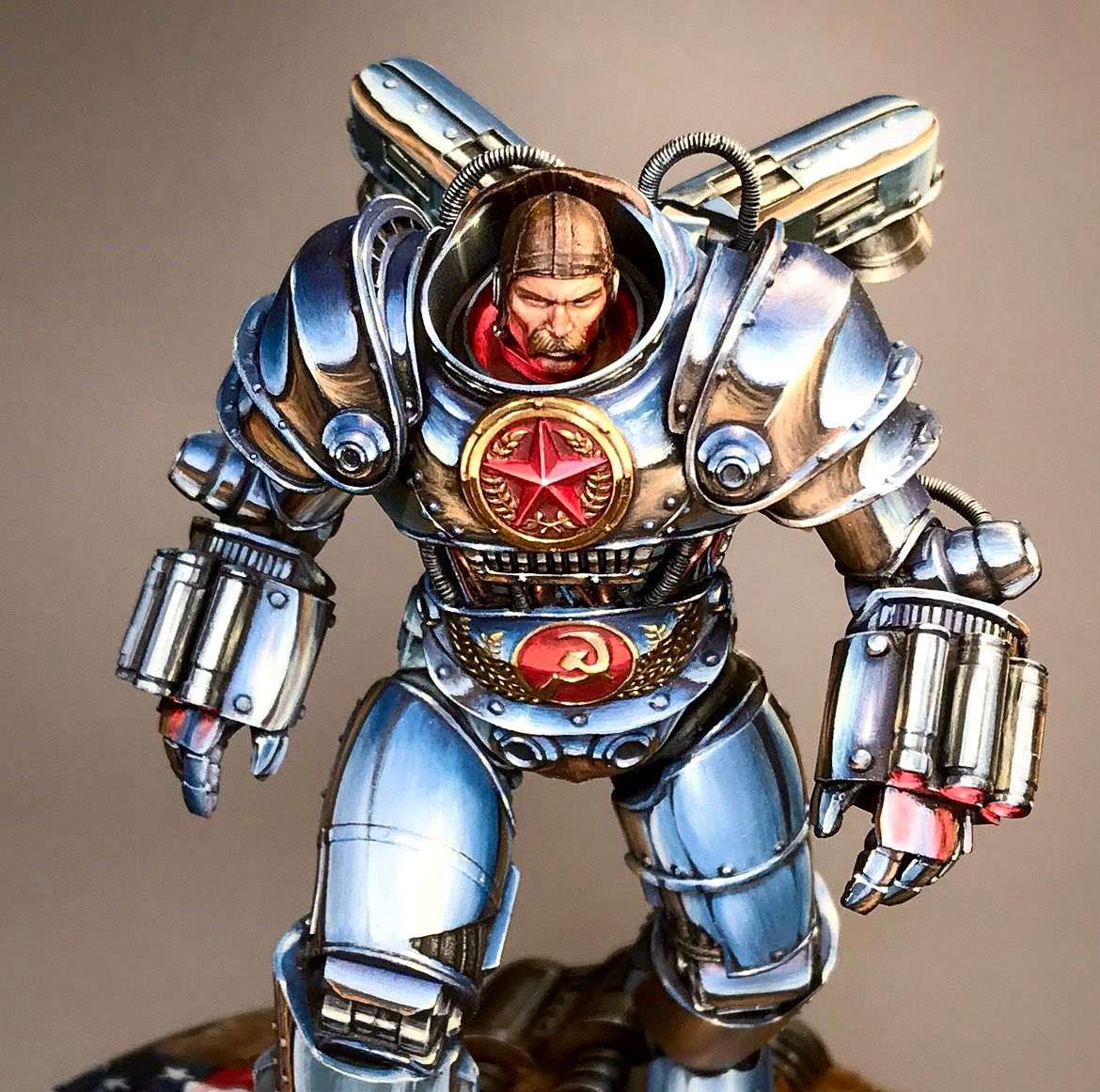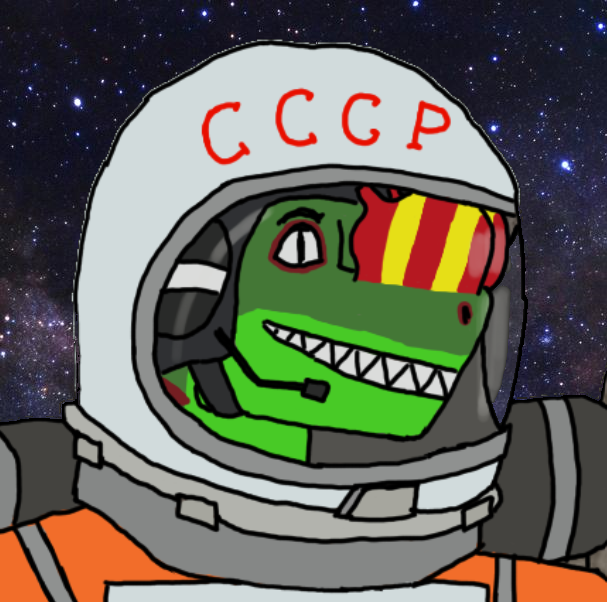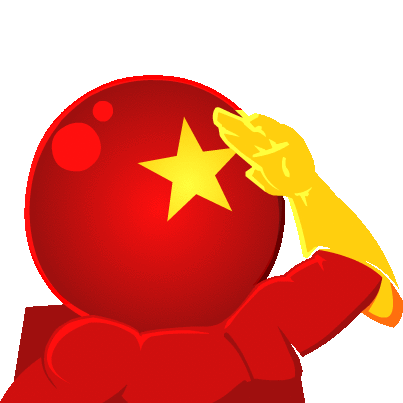Discussion questions:
What new books are you reading?
Do you prefer fiction or non-fiction?
Question of the week:
What are your favorite publishers?
Enjoy!
(I do this so people here can talk about things other than politics so enjoy yourselves.)
Currently reading Socialism Betrayed: Behind the Collapse of the Soviet Union by Roger Keeran and Thomas Kenny and it’s been highly informative thus far. I wasn’t aware that Corn-man Khruschev was less a rightist than he was a deranged ultraleftist, passing along policy that a kindergartener may think “communism” is like dramatic wage-leveling and a damn near complete decentralization of state bureaucracy. This all led to way more financial and societal chaos than it did anything else. Yet… to his credit, he was a rather great internationalist. Not as great as Stalin, but he did try to stand behind the socialist and third world.
Roger Keeran wrote about the CPUSA in this one book about labor unions.
I read it. Would highly recommend it.
Tagging those that were in the previous threads.> Enjoy!
(I do this so people here can talk about things other than politics so enjoy yourselves.)
(I do this so people here can talk about things other than politics so enjoy yourselves.)
And I am thankful for it
Noice!
I’m currently re-reading Jurassic Park by Michael Crichton, I like seeing all the differences between the book and the movie.
Quite the scholarly type.
Books I’m reading or have open:
Just Hierarchy: Why Social Hierarchies Matter in China and the Rest of the World by Daniel A. Bell and Wang Pei
Mythologies: A Political Economy of U.S. Literature, Settler Colonialism, and Racial Capitalism in the Long Nineteenth-Century by Joel Wendland-Liu
A Clash of Kings (A Song of Ice and Fire, Book 2) by George R. R. Martin
Fundamentals of Marxism Leninism: Manual by Otto Wille Kuusinen
Legendborn (The Legendborn Cycle) by Tracy Deonn
Fire in Luoyang: A History of the Later Han Dynasty 23-220 AD by Rafe de Crespigny
The Complete Works of Ambrose Bierce
The Dark Forest by Cixin Liu; Translated by Joel Martinsen
I started the state and revolution but idk I can’t seem to concentrate this week
My favorite publisher was editori riuniti, before the 90s want alive back then, but basically they already became revisionists after 1953, but at least they still published classic Marxist authors like marx, engels, Lenin, gramsci etcc (even if saying that Marx is a Marxist is a bit like saying jesus was a Christian) now they don’t even publish Lenin, big sad seeing a real one fall to revisionism and liberalism
Now I don’t really know, maybe Feltrinelli because it was literally founded by a communist guerrilla that financed a communist autonomist movement in Sardinia and died trying to blow up a rail track, rad story
Do you have ADHD?
Unfortunately, that mixed w other stuff means I needed a week and more to read wage labor and capital.
kewl
I would recommend to @muad_dibber@lemmygrad.ml the book Mythologies: A Political Economy of U.S. Literature, Settler Colonialism, and Racial Capitalism in the Long Nineteenth-Century by Joel Wendland-Liu.
Been slowly working my way through le Carré’s Karla Trilogy, but slowly starting to hate it more bit by bit. I still think spy stories are better if the setting is the Cold War.
I think now I prefer nonfiction and theory books more now, though, as I continue to learn. Should probably focus more on actually getting through them rather than reading snippets or shorter works as they come up, especially since sometimes I feel I’m not getting the full picture as I’m not entirely confident in my foundation of knowledge. Got a lot of stuff I’ll probably have to reread at some point.
spy stories are better if the setting is the Cold War.
I agree, for a variety of reasons. That said, are there any spy fiction novels that aren’t steeped in insane levels of US propaganda?
I’m reading Evil Geniouses by Kurt Anderson, which is kind of liberal, but it’s a reasonably well researched book on the rise of neoliberalism in the US. I’m reading Bear Awareness by Ajahn Brahm and it’s a good introduction to Buddhism, im noticing some apparent contradictions, as often comes from organized religion, but a lot of it seems valuable. I’m also reading Karl Marx’s Ecosocialism by Kohei Saito which is a little anti-Stalinist, but otherwise fine so far. In fiction I recently finished the Fault in our Stars by John Green (for school), which wasn’t terrible, but I don’t like romance books too much, and I’m considering reading the Crying at Lot 49 by Thomas Pynchon thanks to the Programmed to Chill podcast’s episodes on it and also Wild Seed by Octavia Butler, which I quit near the end a couple years ago.
Programmed to Chill podcast?
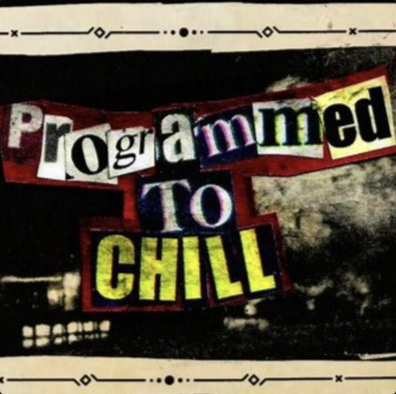 Named after the book programmed to kill, it’s a podcast about “crime, parapolitics, and esoterica” (according to the intro). They’ve mainly covered fascist history and random conspiracy stuff. I think theyre pretty well read. I don’t know if they’re ML, but I think Jimmy’s (host) at least read Lenin.
Named after the book programmed to kill, it’s a podcast about “crime, parapolitics, and esoterica” (according to the intro). They’ve mainly covered fascist history and random conspiracy stuff. I think theyre pretty well read. I don’t know if they’re ML, but I think Jimmy’s (host) at least read Lenin.kewl
deleted by creator
First time?
deleted by creator
Noice.
Fiction, I’ve been getting back into Warrior Cats after forgetting about it since my childhood. Not suggesting it’s Shakespeare or that it doesn’t have plot issues, but I honestly like it. It doesn’t take itself too seriously and it also has animal characters both of which I love for a casual read. Currently re-reading my favourite parts of the old books but eventually I want to try the latest releases.
Nonfiction, I’ve been researching insect ecology and the perception of physics at tiny sizes for one of my fiction worldbuilding projects. Actually, my first worldbuilding project about talking bugs from when I was like 12 which I want to bring back and develop properly.
Warrior Cats is great!
Are you writing a novel or web novel, btw? I am.
Mostly I just want to do literary roleplay for now (think Dungeons and Dragons but novelized and with talking bugs) with these concepts but I certainly want to write a chapatered web novel eventually. In fact, since roleplays can get very detailed, they can be and have been edited and adapted into novels.
Oh.
Like, an Internet RP? The kind you find on forums?
Yep! Mostly on messaging platforms like Discord. We each play a few characters, and we go turn by turn each writing anywhere between one sentence to a paragraph to an entire page of text depending on the plot and everyone’s writing skills!
Nice!
Thank you!
Reading What Is To Be Done by Lenin currently.
Also looking for recommendations for books about Cuba (can be about the revolution itself, leaders, their political system, history after the revolution, etc) and books about basketball/NBA.
Haven’t read any of these, but: The economics of revolution, The motercycle diaries, and reminiscences of the Cuban revolution, all by Che Guevara,
I’ll check them out, thanks.
If you’re into that sort of thing, here’s some study guides I found for What Is to Be Done:
I know Wellred is a trot publishing house, but I figure since the questions are different and trots still like Lenin that it wouldn’t hurt.
Thanks, I’ll look into them. I usually don’t use study guides but this book has been a bit harder to understand than some others I’ve read.
Working through Lenin’s State and Revolution. Decided that it was time to actually bother reading theory rather than just going on what everyone else says. As for nonfiction, rereading His Dark Materials. I read it once years ago, really hits different. The church-controlled word is scary… (I’m assuming one of the main divergence points there was the successful crushing of the Revolution.)
That’s what I assume too.
It’s also rather amusing to me that this somehow led to the failure of Muscovy to unite Russia.
AH interesting
I am admittedly waaay behind on my reading. Partially due to weather playing with my brain.
For non-fiction I’m still at Cornforth. Finally finished the bits about language, now onto ideologies and science. He writes quite well and interestingly about the formation of ideologies off of the material conditions, although I would imagine some of the more religious comrades might find it offensive (he speaks about the formation of religion a few times).
For fiction, I continue massaging my brain with Warhammer novels, specifically the Crime series. It’s a bit hit and miss, but I like the setting - backtracking from the grandiose and monumental, and focusing instead on what’s happening in the background. The madness and misery, much of it brought on by the system itself, even if unintentionally.
Frankly a lot of fiction is getting hard to read, because of the various biases and overall undialectic or unmaterial views
The weather?
Ah, maybe a bout of seasonal depression…
That, plus I am somewhat meteopathic
Meteopathic?
Affected by weather. I.e. changes in atmospheric pressure (that come before rains and such) give me headaches. Not as much as it used to, but still
Well, at least it’s gotten better.
I like to mix fiction/non fiction, and currently going through The Culture series, I’m currently up to Surface Detail. Gonna be a bit sad when it’s over. Was a great series overall.
And I find Tor tend to put out a lot of good sci-fi that I read, Leftoworld obviously gets a shout out too. :)
How do you like the Culture series? Admittedly I’ve only read one book and started another, but it was just a mess, honestly
I find it’s a bit of a hit and miss. I really enjoyed a few books like Consider Phlebas and The Player of Games, but some other didn’t really work for me. I really enjoy the idea behind Culture, and the world building that Banks does in the series. I also really enjoyed this write up Banks did on the background for the series, and how he basically believes in a communist society with central planning http://www.vavatch.co.uk/books/banks/cultnote.htm
Colour me surprised. Phlebas was the one book I’ve read, and Player was the one I started and dropped. Largely because of how obnoxiously US-lib it all felt, long before I knew how to put it to words.
But to learn this about Banks is something very new. Thanks!
The aspect of Phlebas that I really liked was the futility of the protagonist. Meanwhile, Player was interesting in the perspective of how life can lose meaning if there is no actual challenge in it. There are definitely lib aspects to Banks work with him being a product of western culture, but I tend to look past that.
life can lose meaning if there is no actual challenge in it
Soviet authors had made the same case much better. Meanwhile the Player made the apparent protag sound exactly like the western bourgeoisie, or even aristocrats from ye olde days - suffering, because he has nothing more to wish for, because all his needs has been sated. Oh woe is me, my life is too awesome!
Sure, but the context is that the protagonist lives in a post scarcity society where AIs can do anything a human can do better. Self actualization is an interesting problem in that scenario. Soviet sci-fi did a great job exploring post scarcity societies to be sure, but I don’t recall this particular problem’s been addressed there. Generally, humans were the drivers of things and any robots were envisioned at best equals as opposed to superiors.
It’s not about robots being superior, but more in terms of “what makes life worth it?”. A good example would be Strugacky’s “Monday begins on Saturday”. Spoilers, but the “wizards” essentially find their productive labour (scientific research of magic) to be more captivating than having “fun” the usual way (partying, drinking). Likewise, in Bulychev’s “Adventures of Alice” a scientist uses “laziness gas” to subdue some space pirates. He notes that he is seemingly unaffected, because he values different things in life than they do ( again, productive behaviour). This is a chidlren’s book, mind.
With Banks it seemed that the premise was “Well AI solved all of our problems and woes, so now we have to purposefully find things to stir us and also we got into a war because we had to”. Which is an unbelieveably USian view. Now, I suppose it sounds like I am berating your choice of literature - that was not the intention. Those books just make me angry for some reason.
- The Principal Upanisads - S. Radhakrishnan
- Non-fiction mostly
- Publisher? no idea, but my favorite author is Gene Wolfe
I just got “The Romance of the Three Kingdoms” (Luo Guanzhong) and really looking forward to reading it.
I’ve read Romance of the Three Kingdoms myself.


